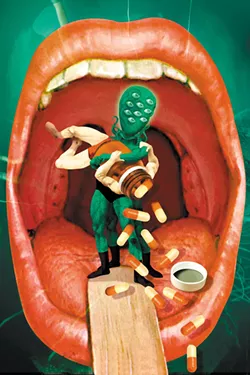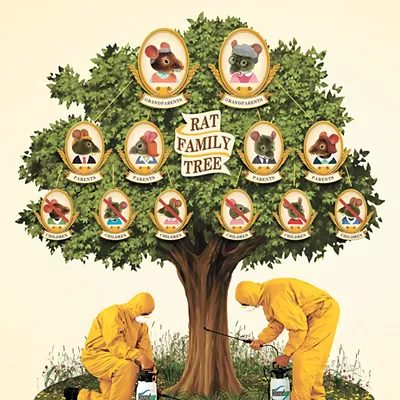It's one of the greatest threats to human health. If it isn't stopped, one of humanity's greatest achievements in modern medicine may gradually be lost.
The antibiotic era began in September 1928, when Scottish biologist Alexander Fleming noticed that a certain mold was inhibiting the growth of bacteria in a petri dish. That mold became penicillin, and that penicillin ushered in a medical revolution.
But today, doctors are talking about how the antibiotic era may already be ending. Antibiotics are powerful weapons to fight disease — but they're powerful weapons that lose their effectiveness the more they're used.
Already, there are strains of bacteria which are completely immune to every drug we can throw at them.
"We've been trying to convey that importance without burying people in numbers," says Washington State University professor Doug Call, the associate director for research and graduate education in the Paul G. Allen School for Global Animal Health. "It makes it more risky to have any medical procedure. Having a baby. Having open heart surgery. Dealing with an open wound."
According to the Centers for Disease Control and Prevention, approximately 23,000 people in the United States alone die annually from antibiotic resistance.
In the U.S., much of the antibiotics debate has centered around medical practice. But Call, who helped put together the Washington State Antimicrobial Resistance Coalition, looks at this as a global crisis. Call and WSU's Mark Caudell have gone in-depth and hands-on in studying the African country of Tanzania, surveying distinct tribes regarding their cultural practices and measuring levels of antibiotic resistance in different populations.
In that time, they've come to a crucial conclusion: The fight to slow the growth of antibiotic resistance must be tailored to each battleground; they're not just doing battle on the microscopic level. Cultural, agricultural and economic conditions, they've detailed, all have major consequences in the bacterial realm.
"Both on the human side and the animal side, you go overseas in places like Kenya and Tanzania, there's a high disease burden," Call says. "A big chunk of that is related to horrifying living conditions."



















